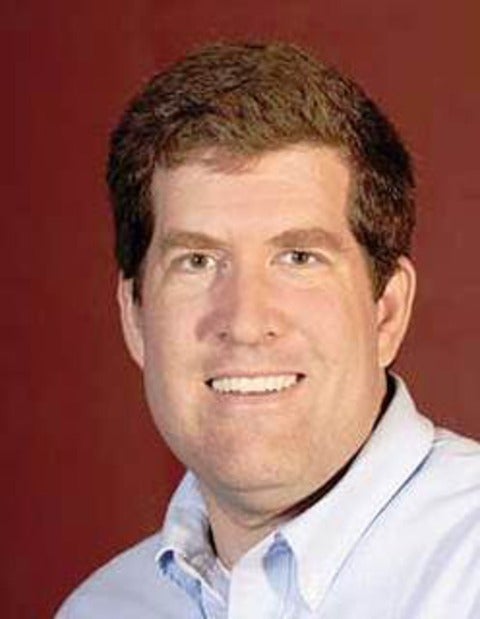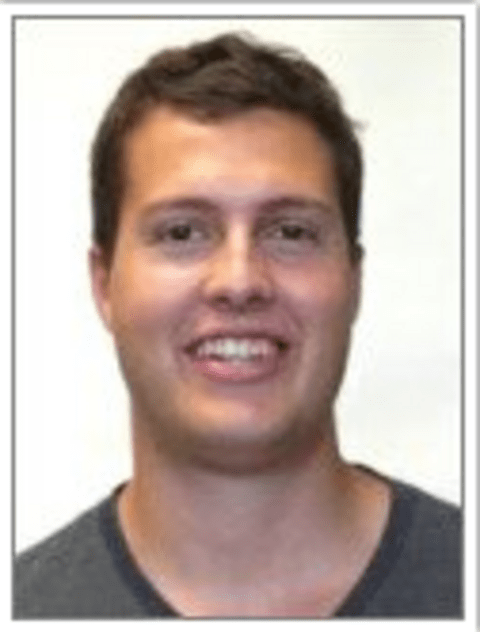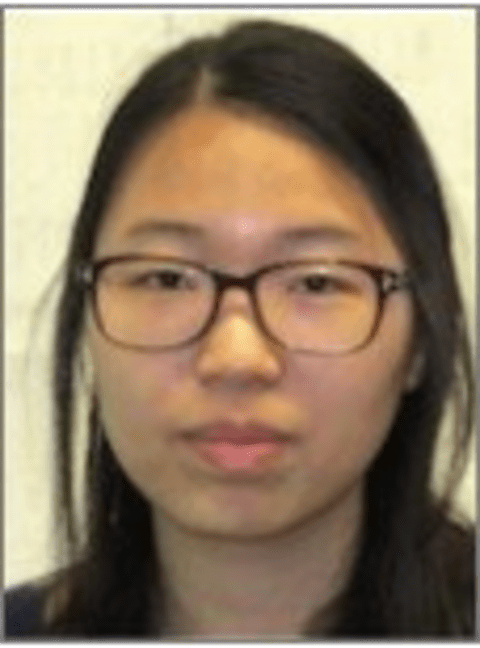Probing many-body interactions using entangled photons: theory and thoughts for experiments.
Eric Bittner, University of Houston
Entangled photons offer an exquisite probe to correlated dynamics within a material system. In my talk I shall discuss some recent experiments and our theoretical investigations into developing an input/output scattering theory approach that connects an incoming photon Fock state to an outgoing Fock state, treating both the internal (material) and photon dynamics on a consistent footing. As proof of concept, we show how entangled photons can probe the inner workings of a model system undergoing spontaneous symmetry breaking.


 MSc. Thesis Presentation
MSc. Thesis Presentation